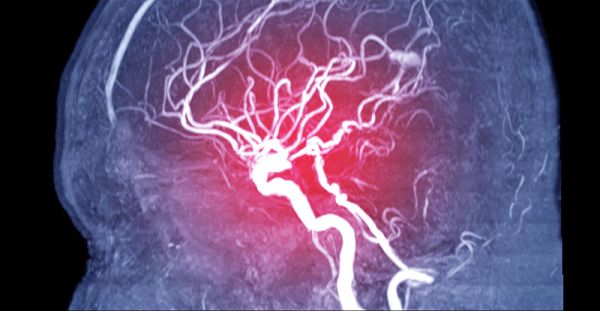
Accessibility changes for our website
Visitors to our website will see changes to the design from today (29 June).

Visitors to our website will see changes to the design from today (29 June).

A new flagship restoration project showcasing an alternative future for the UK's uplands has been launched.

A study involving virtual rather than real patients was as effective in evaluating a medical device used to treat brain aneurysms, according to new research.

Amazon rain forests could be at far higher risk of extreme drought than previously thought, according to new research.

The first participants have taken part in a ground-breaking research trial that aims to save lives by improving the early diagnosis of lung cancer.

The Brotherton Library at Leeds is part of a consortium to save one of the most important collections of manuscripts and books in the UK from returning into private ownership.

A device that helps desperately sick patients breathe and costs around £150 to manufacture could revolutionise

The shift to home working brought about by the pandemic could cost the UK economy up to £32bn a year in lost personal income tax.

Scientists have developed a new computational technique that allows them to see in finer detail the way protein molecules behave.

Lucy Clayton (English Literature, 2003) draws on years of experience and insight from her latest book to answer student and graduate career questions.